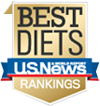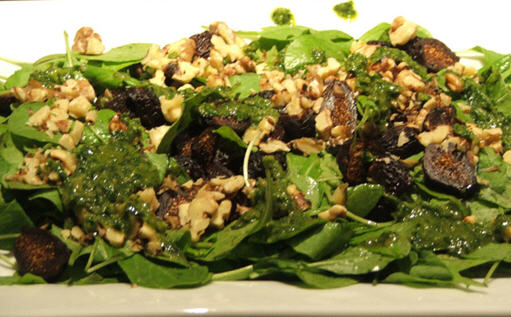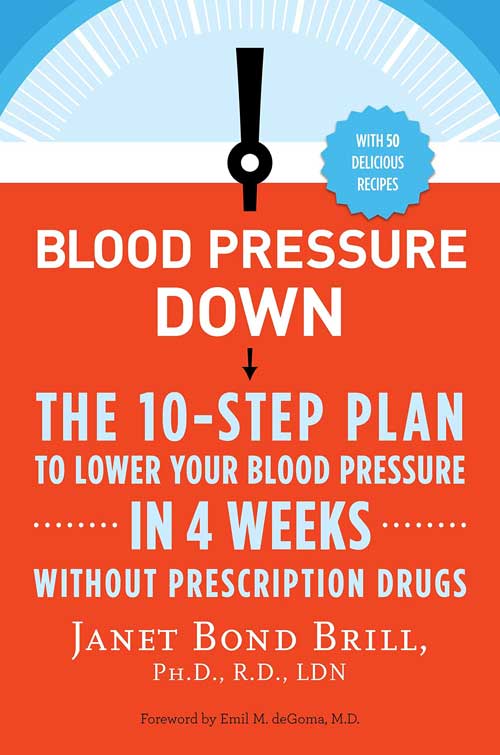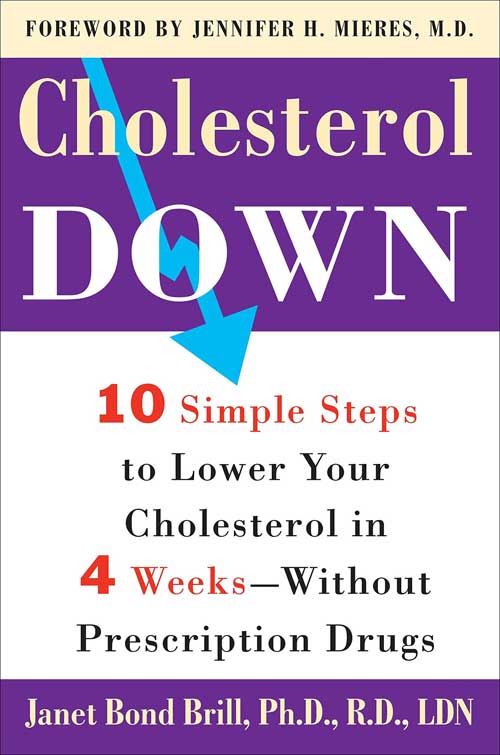By


The old saying “you are what you eat” couldn”‘t be more true, particularly when it comes to heart health. It is truly unfortunate that so many Americans fail to make the connection between what is on their dinner plate and keeping their ticker in shape. Here are some of the most common misconceptions:
Myth #1: It”‘s OK to eat eggs ad libitum because the cholesterol in eggs is good for you.
The powerful egg board had been very successful in perpetuating this myth. The fact is that the cholesterol content in egg yolks is more than the American Heart Association recommended 200 milligrams per day dietary maximum for people with risk factors for cardiovascular disease. Since heart disease is the #1 killer of both men and women in this country, it would behoove you to be judicious with your egg yolk intake (one egg yolk averages a whooping 212 mg of dietary cholesterol).
Myth #2: Butter is better than margarine.
Both spreads have gotten bad press over the past few decades and rightfully so. Butter contains two “bad” cholesterol, LDL-raising substances: saturated fat and dietary cholesterol rendering butter an artery-clogging food. Margarine, especially hard stick margarine, is notorious for its content of trans fat–the double edged sword when it comes to harming the heart (it raises LDL and lowers HDL, the “good” cholesterol). Your best bet for a healthier spread is to eat the light tub margarine that is trans fat free. Better yet, eat the light margarine with added plant sterols or nix the spreads all together and savor the superbly heart healthy fat: extra virgin olive oil!
Myth #3: I can eat cheesecake and a slab of prime rib as long as I take my statin.
Statins are the miracle drug of the new millenium. That said, many people mistakenly believe that they can eat whatever they want and still prevent heart disease as long as they pop their daily statin med. This myth is most likely perpetuated by the powerful cholesterol-lowering nature of statin drugs. What people need to understand is that a low LDL cholesterol level will not necessarily prevent a heart attack if you have several other risk factors such as a sedentary lifestyle, overweight/obesity, smoking, strong family history, and/or a poor diet. Heart attacks are most effectively prevented in individuals who combine a cocktail of healthy lifestyle factors into their daily routine (addressing ALL those risk factors and not just LDL cholesterol).
Myth #4: I have a strong family history of high cholesterol, it”‘s in my genes, so there is not much I can do about it.
Lifestyle trumps genes any day of the week. Research has proven that even in those individuals with genetic cholesterol disorders predisposing them to heart disease, controlling the modifiable risk factors (and getting their LDL down) can and will prevent a heart attack.
Myth #5: Eating healthy means eating bland foods. Eating for heart health certainly does NOT mean eating blandly. A Mediterranean diet is full of wonderfully delicious, taste-filled dishes and meals. It is a plant-based diet emphasizing fruits and vegetables, nuts, legumes, olive oil, fish and oh so flavorful herbs and spices. Combine this way of eating with an active lifestyle (and your physician prescribed medication–if need be) and you will be doing what it takes to prevent heart disease and keep your ticker ticking for a long, long time.
To your health,
Dr. Janet











